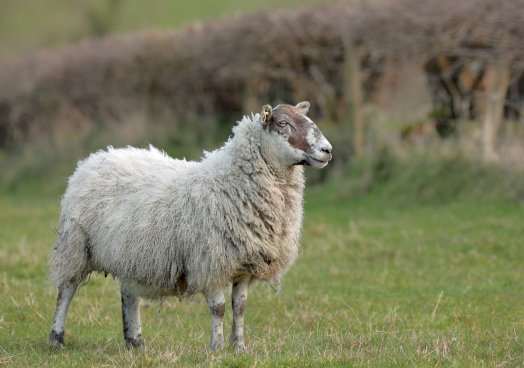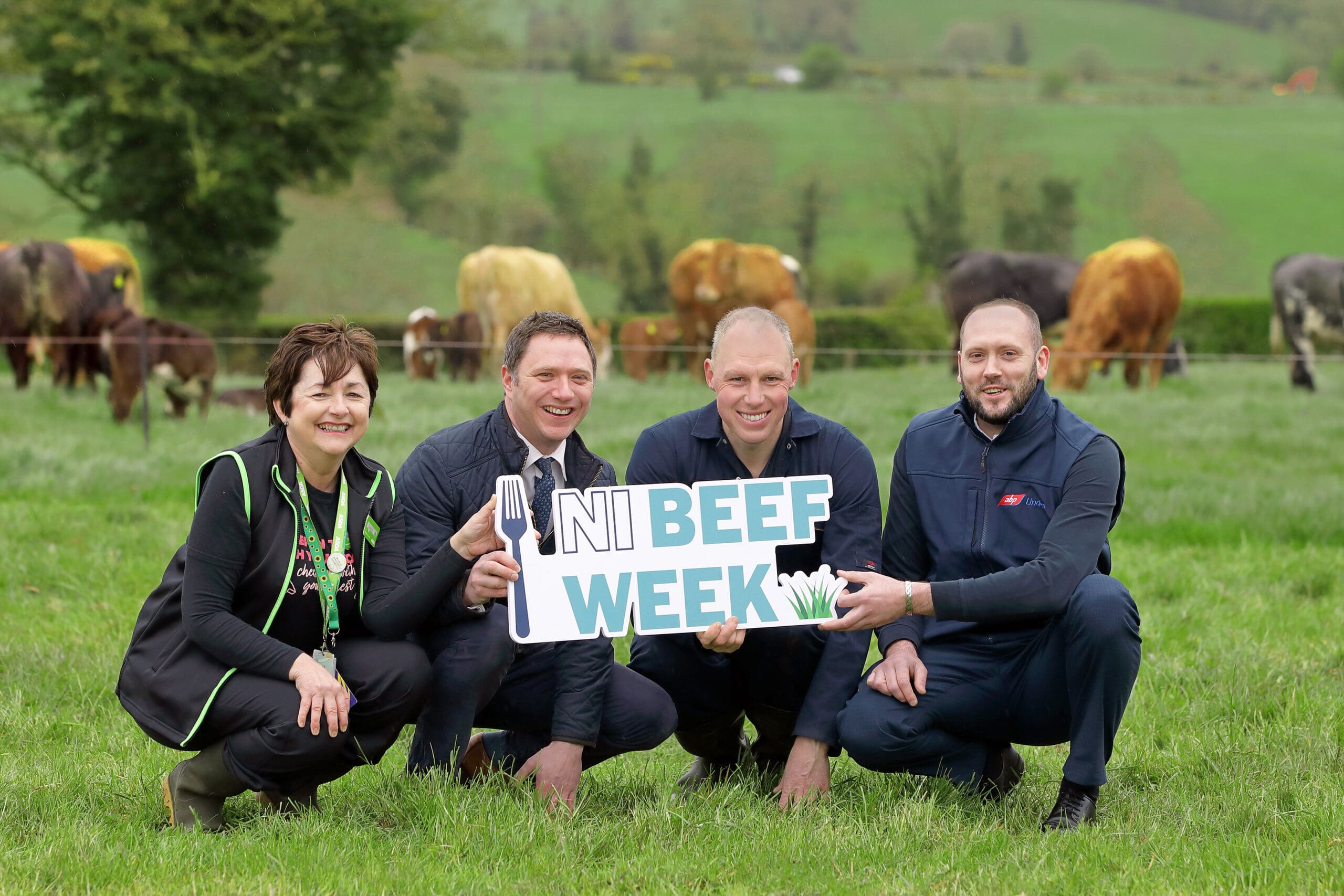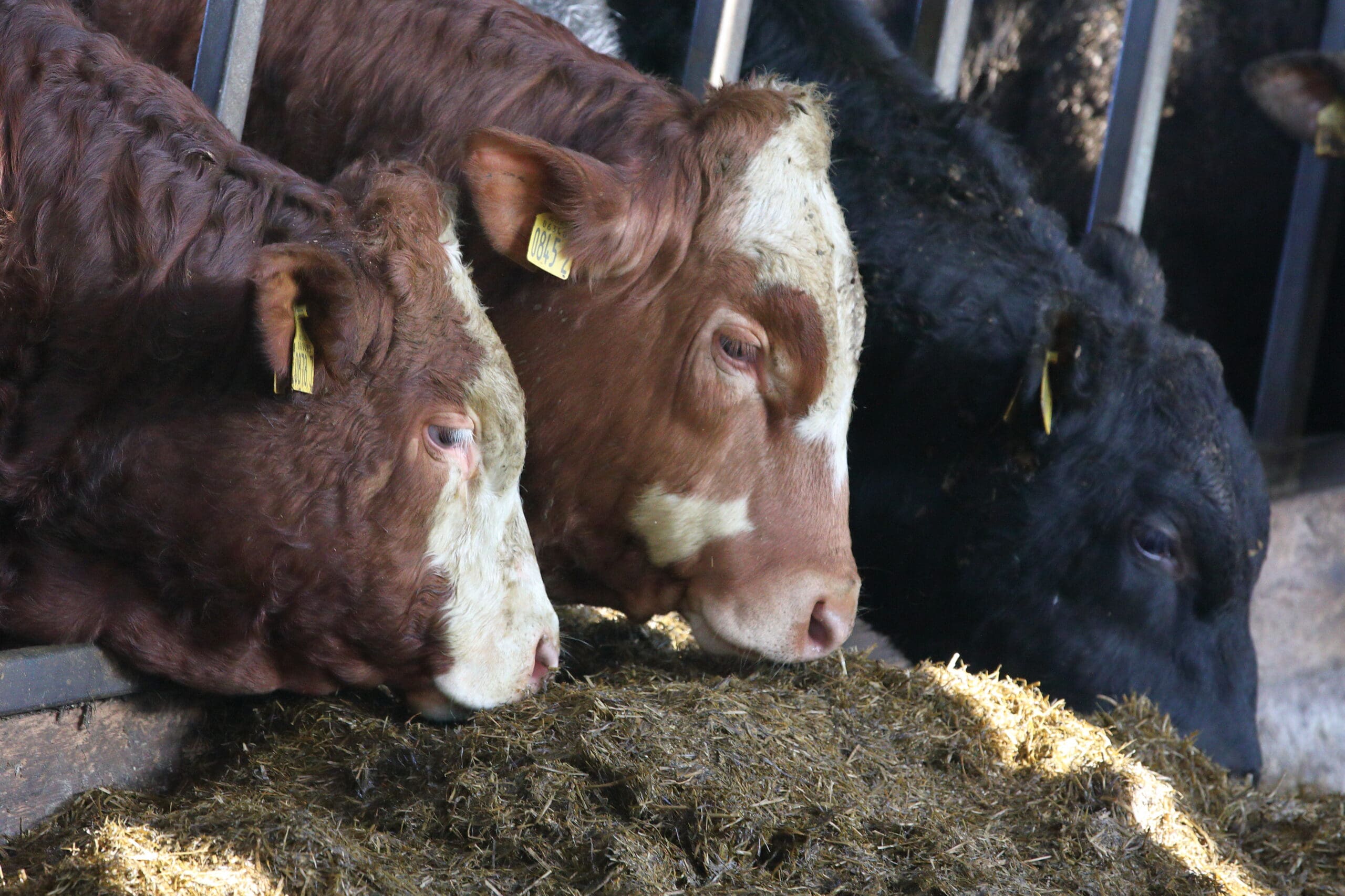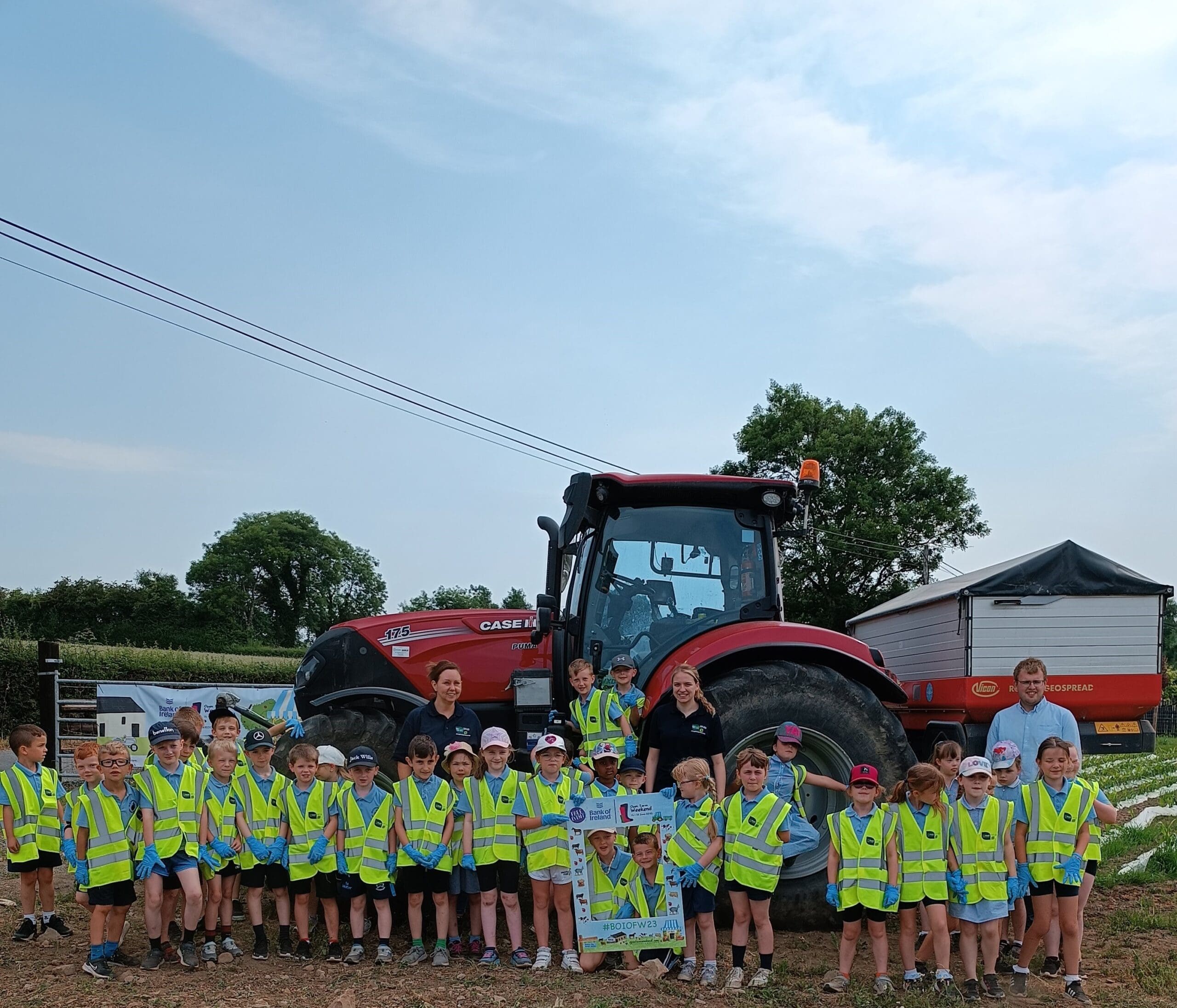
Commodity watch by policy officer, Daryl McLaughlin
GB/NI and NI/GB livestock movements
Ulster Farmers’ Union (UFU) representatives continue to meet weekly with industry representatives, DAERA and DEFRA civil servants, and politicians about the ongoing issues with livestock movements to Great Britain (GB) and back, and for farmers from Northern Ireland (NI) seeking to purchase livestock from GB.
The main issues include show licences, re-tagging and scrapie. The UK government have now set up a scrapie “qualifying status” scheme, but it is only open to the end of December 2021 and is currently only for farm-to-farm moves. GB farmers can still avail of the scrapie genotyping scheme as well. More details on these can be found at sruc.ac.uk.
Discussions are continuing with officials in relation to commercial sales through livestock markets and UFU representative continue to highlight the unnecessary need to re-tag cattle and sheep coming from GB to NI. This is also a huge problem for breed societies as livestock have to be re-identified and this then can affect the pedigree information in relation to the animals’ unique birth identification.
NIBL FQAS standards review
LMC is now reviewing standards with the NI beef and lamb farm quality assurance scheme, this formal process takes place every three years. Further communication will likely come in the spring of 2022. One of the key benefits of the scheme is that NI has equivalence with Red Tractor which means that our beef and lamb product can make it onto GB supermarket shelves without any further assurance checks. NI has its own bespoke scheme tailored to our devolved needs. Any new or upcoming legislations procedures are adapted, and considerations are given to retailer demands. The UFU process within this is to ensure that if any new proposed standards that come into effect are fair, proportionate, realistic and as much support is given to farmers as there possibly can with adequate notice.
Hill farming/upland trip to look at ROI EIP agri-environment projects
UFU hill farming reps recently visited Wicklow and Westport to look at result-based agri-environment European Innovation Partnership (EIP) projects. The firsts visit took place in the Wicklow Mountains to look at the Sustainable Uplands Agri-environment Scheme, we discussed the successes and challenges of operating results-based schemes (including the Hen Harrier Project) followed by a discussion with Catherine Kenna and Owen Carton from Teagasc on how these schemes were designed and implemented locally. The next focused discussion was with Derek McLoughlin from the Wild Atlantic Nature Project in Westport followed by a discussion with Patrick McGurn to discuss outcome based agri-environment programme on the Arran Islands. We finished with farm visits to look at the freshwater pearl mussel project.
Peatland mapping and restoration project
Union representatives continue to engage with Ulster Wildlife on their DAERA funded NI peatland mapping project. The project is to develop the evidence base for decision making and policy tools for accelerating peatland restoration in NI. The project is being led by Ulster Wildlife and its partners are DAERA, The Esmee Fairburn Foundation and The James Hutton Institute. The new mapping process will look at where the peat is, the state of the peat, if it needs restored and how it could be restored. The aim is to improve biodiversity, reduce flood and fire risk.
Sustainable beef project
Work continues on the sustainable beef project as it seeks to deliver a grass fed beef standard suitable to meet the requirements of the proposed Irish Grass Fed Beef Protected Geographical Indication (PGI) and to have a beef carbon calculator which will allow a baseline carbon balance calculation to be completed for beef producers. The group is focusing on how data inputs like stock numbers, concentrated fed, turn out dates and days at grass can be lifted from farmers as simple and as straight forward as possible. NI has a unique APHIS database, and the hope would be that most of this information could come pre-populated. Many of our members would like to see more recognition for what is sequestered on farms currently and many have concerns that the ROI application average grazing season is 220 days with a 40 day derogation for poor weather in certain circumstances. So, more work needs to be done and further engagement will continue with officials and industry on both sides of the border.




